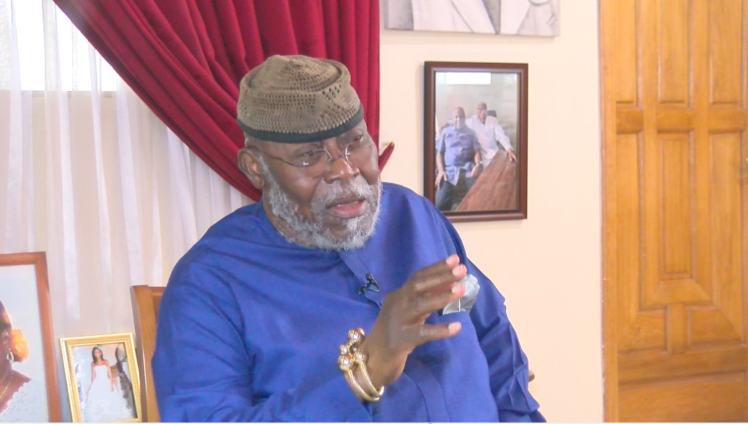Here’s a direct, principled, and historically anchored response that acknowledges the constitutional breach posed by certain charismatic voices, while reinforcing civic clarity and institutional memory Ghana’s democracy is not anchored in dreams, visions, or declarations, but in a tested and codified charter: the 1992 Constitution—our supreme law. Any suggestion, however veiled or spiritualized, that the President should pursue a third presidential term is not only constitutionally impossible, but profoundly reckless.
That this advocacy is now being advanced under the guise of charismatic prophecy demands an unambiguous response—not only in defense of the Constitution, but also in protection of the moral authority of the Church and the spiritual integrity of the nation.
Prophetic Limits and Constitutional Boundaries
It must be said without hesitation:
Religious figures do not possess veto power over the Constitution. The prophetic mantle—however sincere or dramatic—does not bestow constitutional legitimacy. Ghana is not a theocracy. And while faith plays a vital role in our moral compass, it cannot be used to rewrite the nation’s laws or re-engineer its political order by fiat.
Historical Memory: The Acheampong Lesson
This moment carries disturbing echoes from the past. In the late 1970s, General I.K. Acheampong’s proposed “Union Government” was praised by some religious voices who sought to baptize authoritarianism with nationalistic fervor. That ill-fated project—disguised as unity—crumbled under pressure, resulting in military discontent, systemic collapse, and eventual revolution.
The lesson is clear: when spiritual platforms become launchpads for political deviation, the nation suffers—with consequences that often outlive the excitement of the moment.
Charismatic Overreach: A Dangerous Trend
Today, elements within Ghana’s vibrant charismatic movement risk repeating this error. Their rhetoric increasingly positions pulpits as political platforms, blurring the line between spiritual edification and partisan campaigning. This is a dangerous path. It risks turning churches into arenas of political confusion, undermining both public trust and religious credibility.
Let us be clear:
The Constitution does not yield to dreams.
Civic duty is not subject to vision.
And spiritual fervor is not a substitute for constitutional order.
Call for Constitutional Sobriety
The 1992 Constitution—drafted through sacrifice and sealed by popular mandate—clearly imposes a two-term limit on the presidency. That clause is non-negotiable except by formal amendment through national referendum, under strict procedural and ethical conditions. No sermon, revelation, or decree—however passionate—can alter this fact.
An Appeal to Clergy and Citizens
Let religious leaders return to their sacred vocation:
To shape conscience, promote ethical leadership, intercede for peace, and equip citizens with character and truth. Prophecy should purify the nation—not polarize it.
Faith should stabilize democracy—not sabotage it.
Let the Church be salt and light—not sword and scepter.
Ghana’s destiny is not secured by populist pronouncements, but by the faithful stewardship of its institutions. And in that stewardship, prophets and presidents alike must be servants—not sovereigns.


